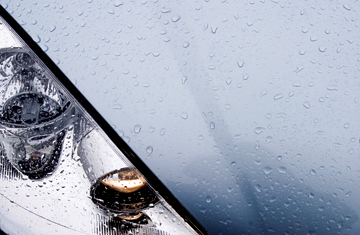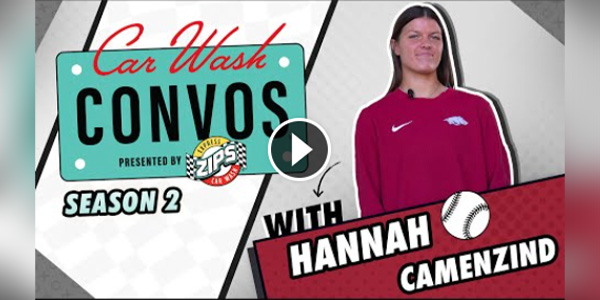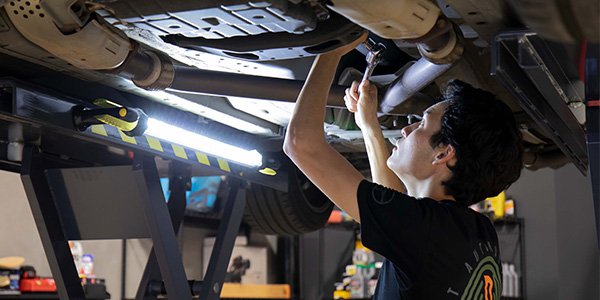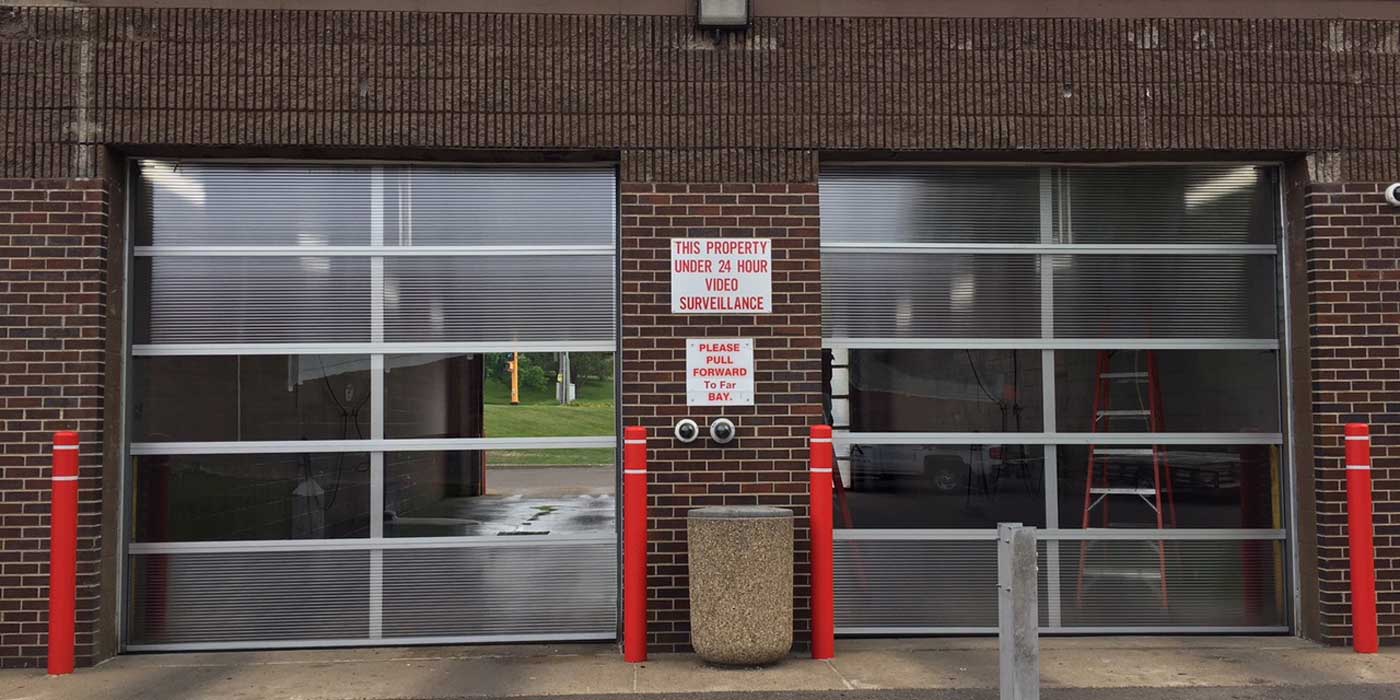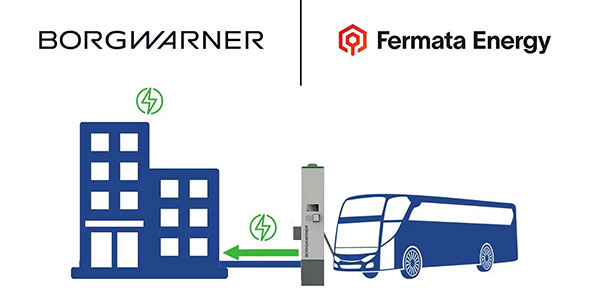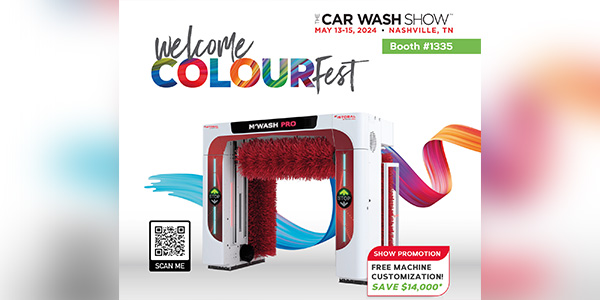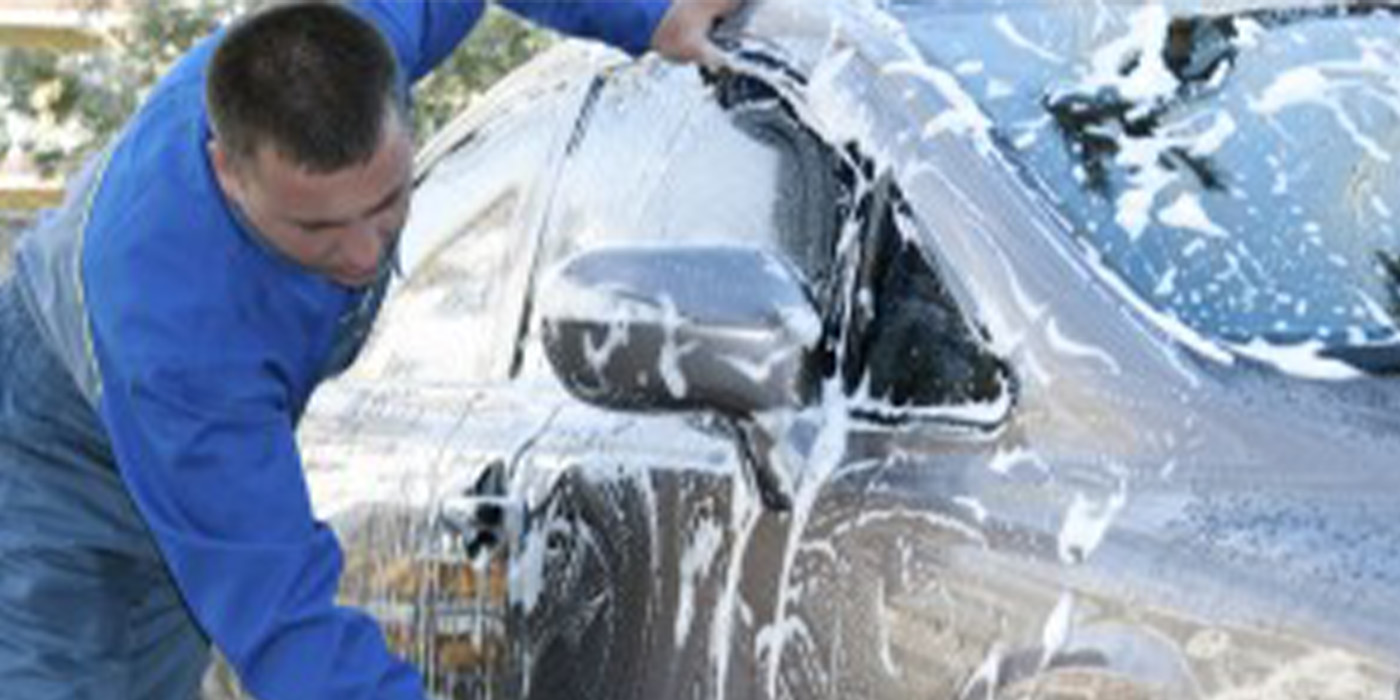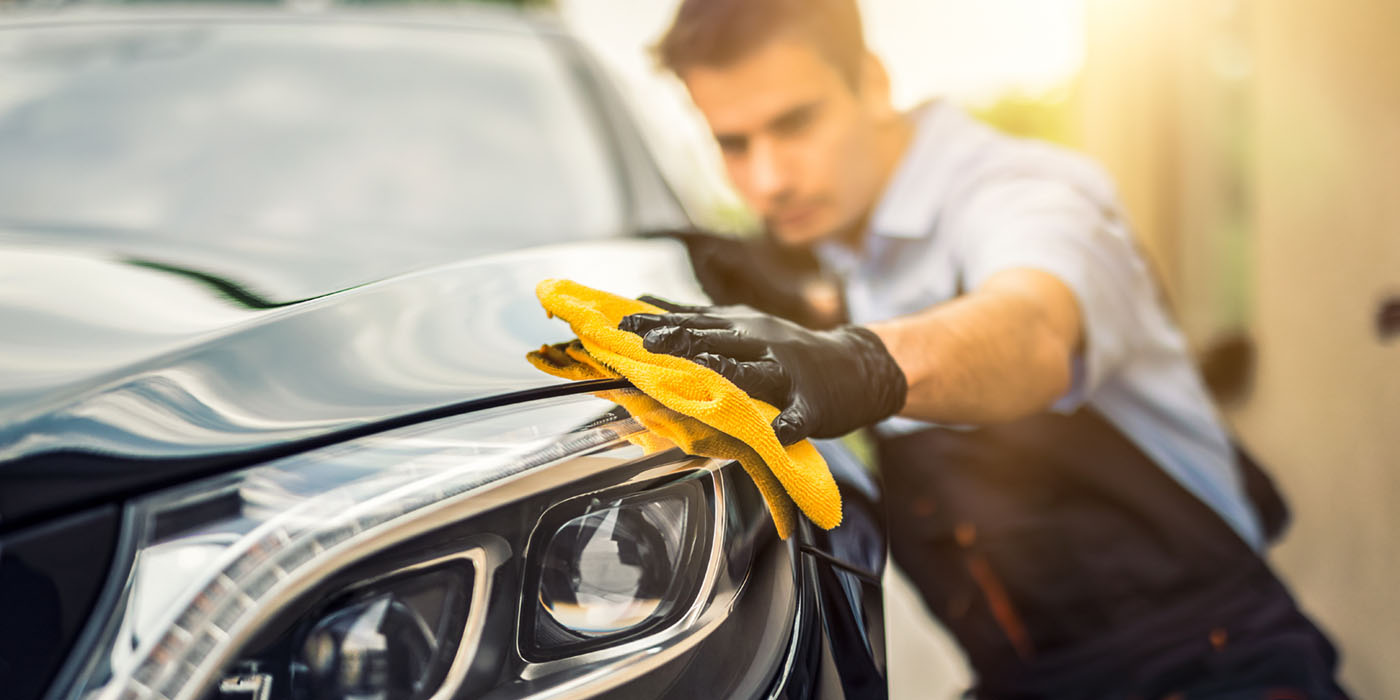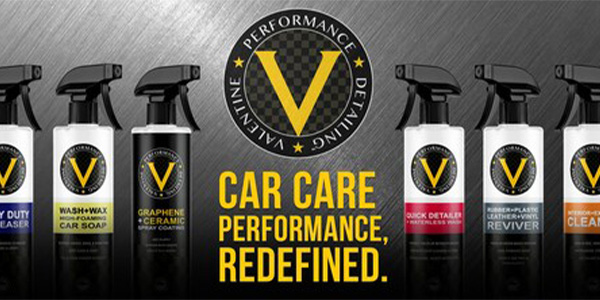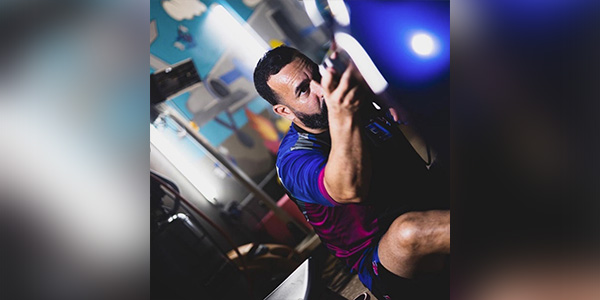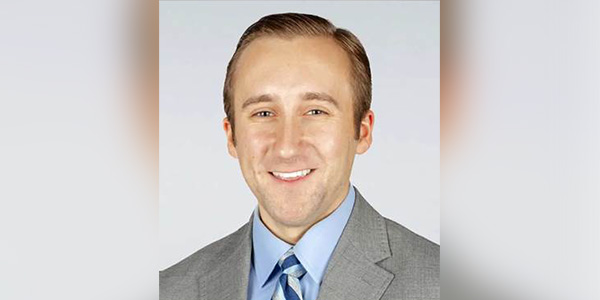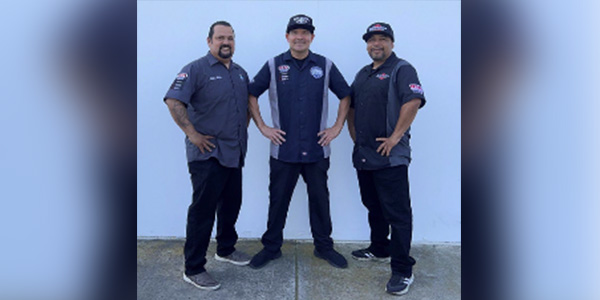River Landing is a private residential golf community, located in Wallace, NC, along the tranquil Northeast Cape Fear River. It's about 30 minutes from downtown Wilmington, NC. The gated golf community boasts world-class championship golf designed by nationally acclaimed architect Clyde Johnston of Hilton Head, SC.
The beautiful Northeast Cape Fear River creates a spectacular backdrop for the golf course. A cascading waterfall and arched bridge accent the stunning 18th hole — voted one of the best finishing holes in North Carolina.
When River Landing purchased a new fleet of golf carts for the course, provisions were made to keep the carts clean, spot-free and presentable to the membership for as long as possible.
At most golf courses, at the end of each round of golf the carts are cleaned by the cart staff by simply hosing them off with tap or well water. Frequently this water is used without treatment and this can lead to spotting as the water dries on the carts. In fact, the original fleet of carts that River Landing was now replacing were plagued by spots that had permanently marred their finish.
Dissolved solids
Hardness minerals, calcium and magnesium, as well as some other dissolved ions, will leave spots on rinsed surfaces if the water is allowed to dry. At many full-service carwashes the operators wipe down the cars after washing and rinsing to prevent these spots from forming. Spots can still form from water that is trapped in window and door seams. This water can form spots known as “racing stripes” as the water drains out of the seams as the owner drives his car away.
The golf course operation does not allow time for a manual wipe down of each cart after rinsing. Most of the carts are used for a morning round of golf, washed off, and then immediately put into service for an afternoon round of golf. They are driven away “wet.” The way to prevent spotting in this case is to remove the offending ions from the rinse water.
Dissolved solids are invisible in water but are deposited on the surface as the water evaporates. Dissolved solids or ions can be removed by the ion exchange process or by reverse osmosis. Each method has it advantages and disadvantages, but ion exchange deionization is particularly suited to the golf course application.
Portable exchange deionization
The type of ion exchange equipment chosen for this operation is known as portable exchange deionization(PEDI). Culligan Water Conditioning of Wilmington, NC, offered a complete PEDI system consisting of cation, anion, and mixed bed ion exchange for the total removal of dissolved solids. This purified water feeds a pressure washer that the operator uses to quickly and efficiently rinse down the golf carts after use. (See photos).
Portable exchange deionization (PEDI) is a method of providing DI water to locations that have need of the water for ultrapure applications to rinsing needs. Vehicles can be rinsed with DI water and come quite clean. The big advantage of rinsing with DI water is the elimination of the need to wipe dry the vehicle. Vehicles can be air-dried without spots forming.
The use of deionized water eliminates the need for soap and prevents the formation of spots. The only other labor required to maintain the finish on the cart fleet is an application of wax twice a year. The runoff from the operation is simply water, no soap, no chemicals, no disposal problem.
Portable exchange deionization is ideal for relatively low flow, low volume, intermittent deionized water requirements such as vehicle rinsing. The water volume demands do not require large volumes of resin. Regeneration of the ion exchange resins takes place at a centralized facility off-site. The golf course staff does not have to handle or come in contact with hazardous acid and caustic chemicals.
Reverse osmosis
The other common method of deionization used by some vehicle washing operations is reverse osmosis (RO). Reverse osmosis requires a storage tank for the product water and a means of disposal of the concentrate wastewater. Some carwash operations use the concentrate water to mix with the soap solutions used in washing. Initial capital cost can be high for RO compared to low initial cost for PEDI. Chemicals are not required for production of RO water, but pretreatment is; softening and if necessary, carbon filtration. RO is also temperature sensitive, membrane systems produce less water when the water is cooler.
Potential for water treatment dealers
PEDI can be used for vehicle washing in many markets. New car dealers can use a portable setup of exchange tanks and pressure washer to clean new and used cars on the sales lot. No soap, no runoff, and no need to towel dry the cars. Other fleet operations can also benefit from the use of DI water in the same manner.
The limitations of the DI water rinse are when the vehicles being washed are extremely dirty with mud or road grime or salt. In these cases the vehicles need to be washed with a soap solution before the spot-free rinse. Care must be taken to make sure that any runoff is treated in accordance with local pollution control requirements when soap is involved.
Another concern for vehicle washing operations, especially heavy industrial applications like bus, train, or truck washing is the potential for discharge of metal contaminants in the waste rinse water. Approach these sophisticated jobs with caution, the effluent from the rinsing operation may need to be collected and treated before disposal to stay in compliance with surface water discharge regulations.
How pure does the rinse DI water need to be? The River Landing golf course uses the highest quality water available by PEDI — 2 bed cation/anion DI followed by a mixed bed polisher. Some vehicle rinsing operations, however, achieve acceptable results with a partial deionization of the water. The treatment process consists of treating the water with hydrogen form cation resin followed by a weak base anion resin. The cation resin essentially removes all of the positively charged ions including calcium, magnesium and sodium, while the weak base anion resin only removes chlorides and sulfates. The weak base anion resin does not remove silica or alkalinity to any appreciable degree.
If the customer’s water includes a moderate to high level of silica it may be necessary to include a strong base anion resin as the second step, or for the purest water, to include a mixed bed polisher. Some dealers use 12 ppm silica as the highest amount that does not require strong base anion resin. Anything over 12 ppm requires full deionization of the water. What works for some may not work for others due to geographic differences in TDS and ionic makeup of the water supply. Testing of the ultimate technique proposed for the customer is usually a good idea if a dealer is entering this market for the first time.
Frank DeSilva is the National Sales Manager for ResinTech, Inc. of West Berlin, NJ, a manufacturer/supplier of ion exchange resins, activated carbon, and specialty media. He can be reached at: [email protected].

